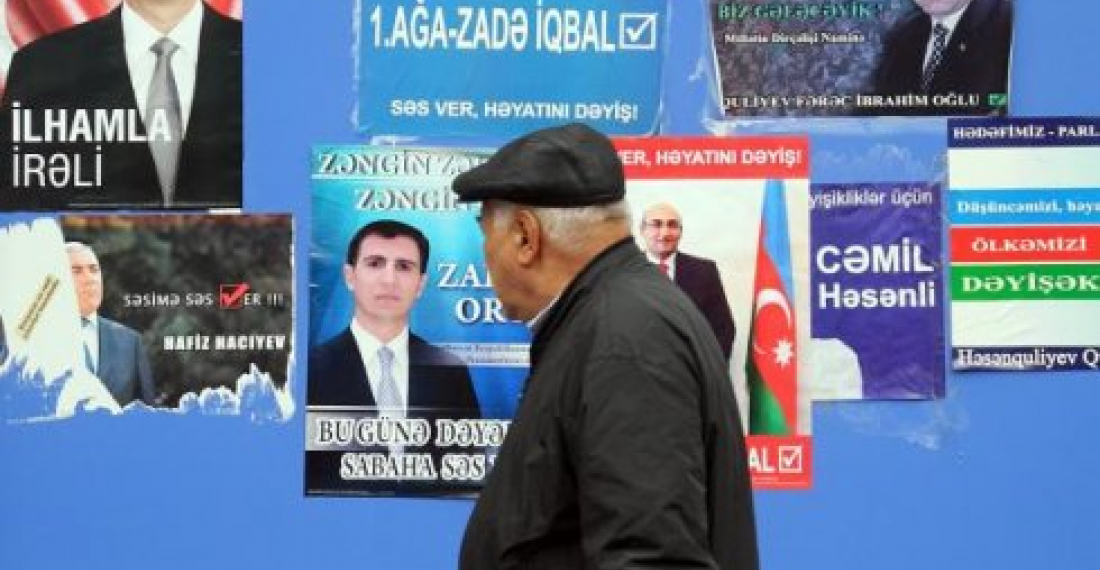The Azerbaijan Central Elections Commission (CEC) has formally started the process to hold snap presidential elections on 11 April. The early elections were called on Monday (5 February), by a decree of the President, Ilham Aliyev. The CEC has also established that campaigning can start on 19 March, and finish on 9 April. April 10 is to be considered as a day of silence.
A main opposition group, the National Council, which in the last election presented a candidate who came runner up in the polls, has announced that it will boycott the elections. Camil Hasanli, the National Council Chairman, made the announcement in an interview with Reuters news agency on Tuesday (6 February). Another opposition group the REAL Movement, whose leader is currently in jail in Azerbaijan, negatively assessed the call for snap elections and indicated that it will not participate in the poll unless its leader was released from jail to be able to participate in the poll. REAL however, in a statement on its website, stopped short of saying that it was going to boycott the vote.
There has not been an official announcement yet from the Musavat Party, one of the largest opposition groups in Azerbaijan. Musavat had last month said that it will be represented by Isa Gambar in the presidential elections, but this was before the snap elections were called and expectations were that the poll was to take place in October.
Meanwhile the ruling New Azerbaijan Party (YAP) has said that it will convene an extraordinary congress on Thursday (8 February) to agree about its nominee in the election.
source: commonspace.eu with agencies
photo: Posters in the Azerbaijan presidential election campaign in 2013.







